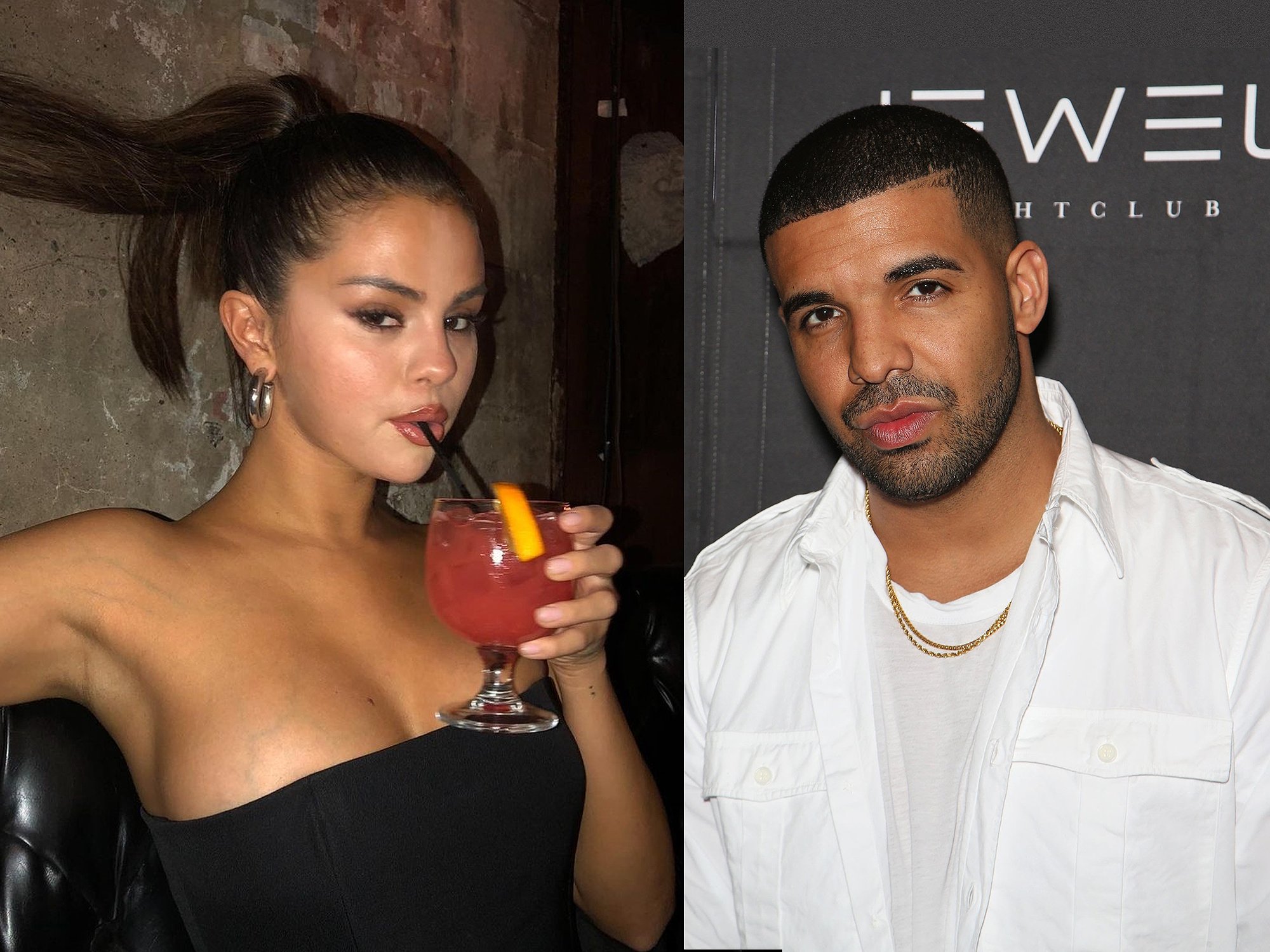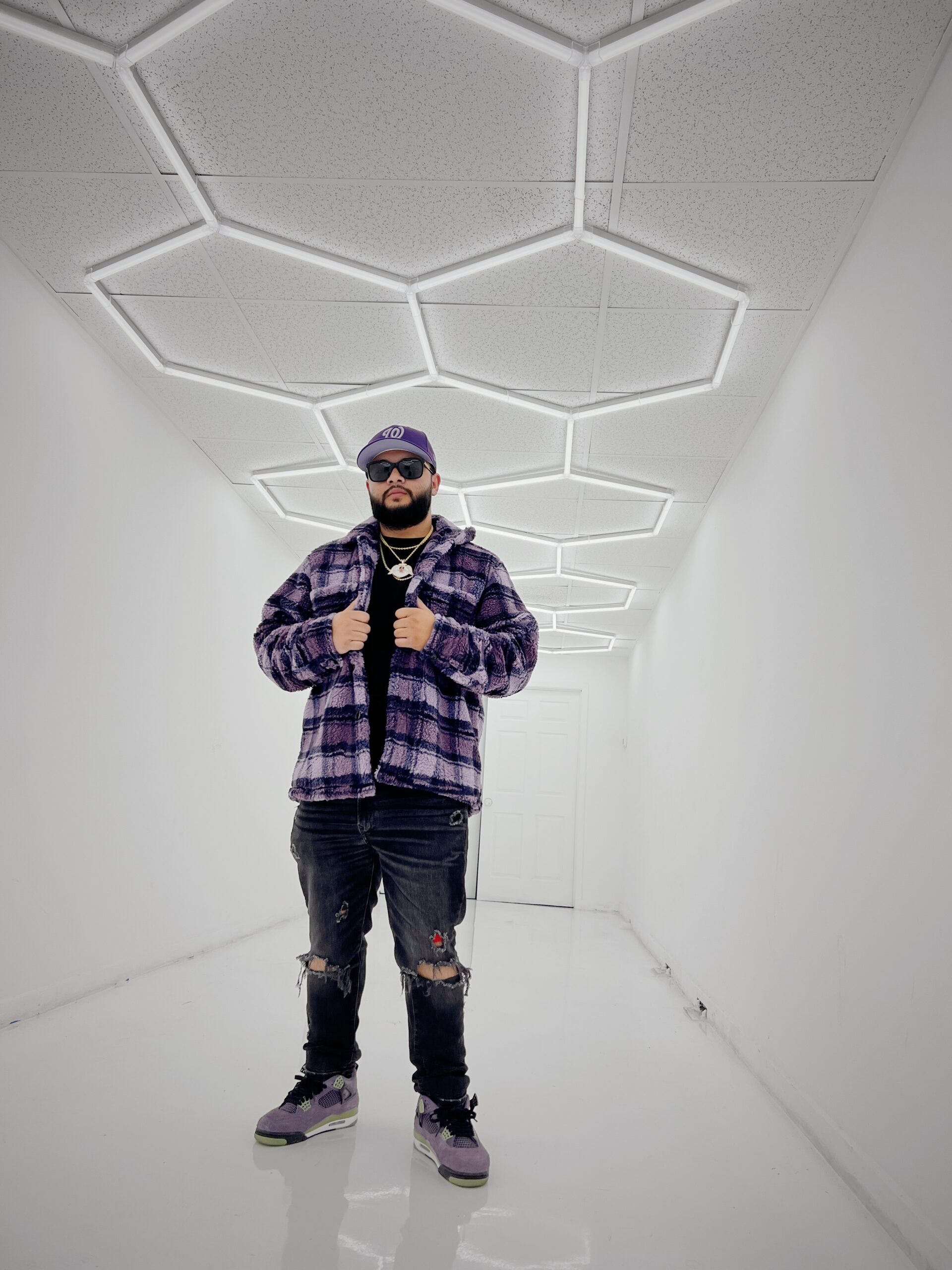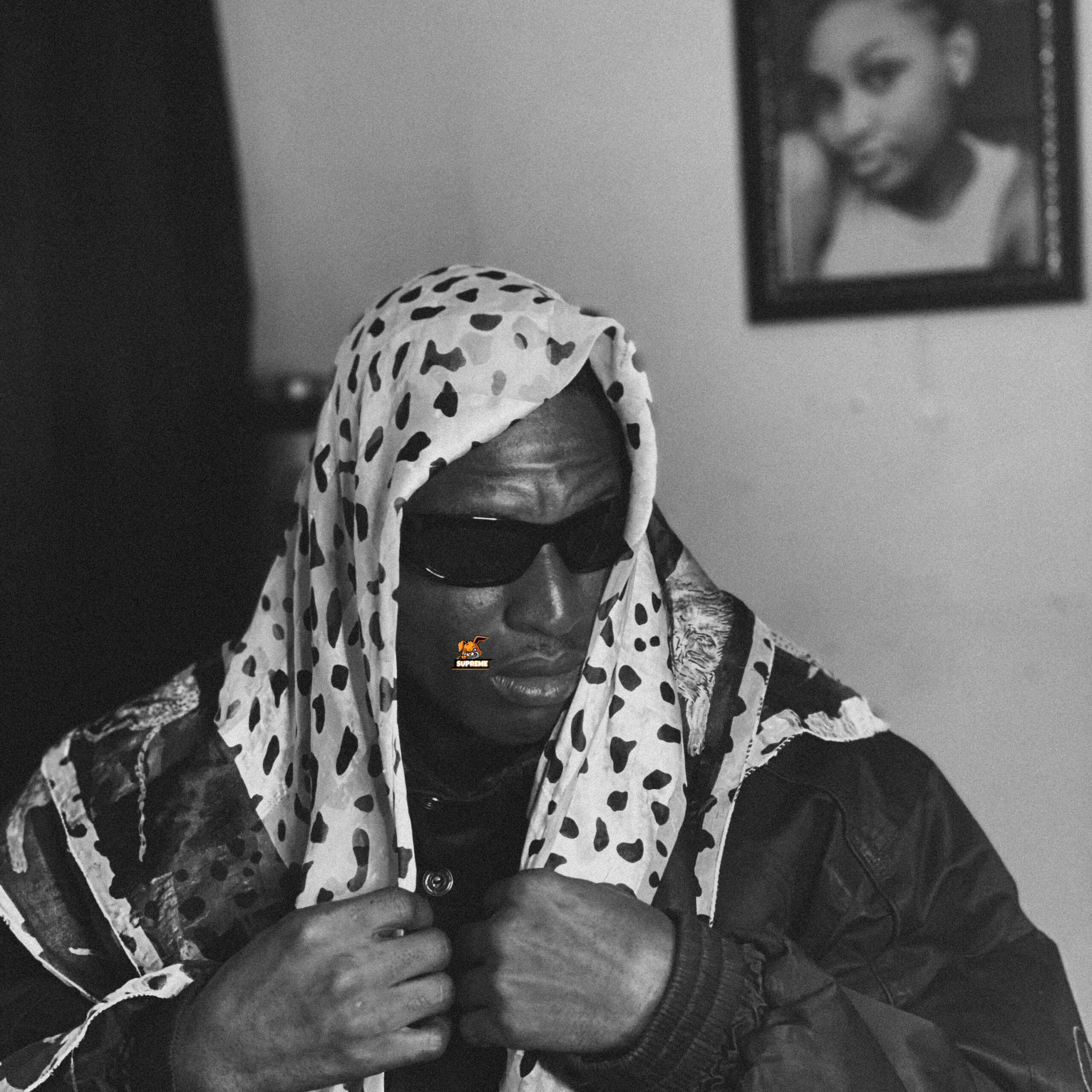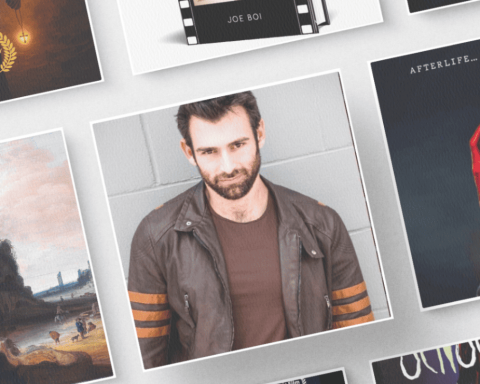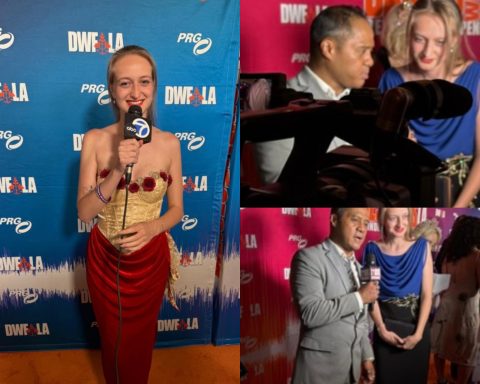As technology continues to evolve, it is not just our day-to-day lives that are being transformed, but the music industry as well. We caught up with veteran Oregonian songwriter NORD, who is Carter Davis outside of his globally successful artist persona, to get his exclusive insight as a nine-time RIAA Gold and seven-time Platinum certified ghostwriter regarding recent cutthroat technological advancements in the industry of mainstream music. “With the advent of artificial intelligence (AI), the way in which music is created and produced is changing rapidly; leading to a crashing wave of new possibilities and challenges for composers and publishers respectively,” Davis summarized in our sit-down interview.
One of the most intriguing developments is the ability of AI to create simulated songs from existing artists. This is done by analyzing a given artist’s entire discography, and then using that data to generate new songs that are stylistically similar. The result is music that sounds like it could have been created by the artist, but is in fact completely new.
A recent example of this phenomenon in a wildly successful context was a song that was made available on streaming platforms under the artist name Ghostwriter, titled Heart on My Sleeve. The track itself is completely generated by artificial intelligence, with the vocals resembling a cloned likeness of Canadian rapper Drake and Pop overlord The Weeknd. Listeners showed a great sense of acceptance and enjoyment after listening to the track, racking the stream count up to more than a quarter-million on Spotify within the first day of public availability.
On the surface, this might seem like a gimmick, but it has the potential to revolutionize the way we think about music. For one thing, it could allow artists to continue releasing new material even after they have passed away. For example, if an AI were given access to all of Prince’s music, it could potentially create new songs in his style that could be released posthumously.
Of course, there are potential downsides to this as well. Some might argue that it takes away from the authenticity of the artist and their creative process. Others might worry about the possibility of AI-generated music becoming the norm, pushing out more traditional forms of music-making.
Another way in which AI is changing the music industry is through its ability to generate lyrics. While there have been attempts at this in the past, the results have often been clunky and unconvincing. However, recent advances in natural language processing have made it possible for AI to write lyrics that are indistinguishable from those written by humans.
This has the potential to be a game-changer for songwriters. Not only could it make the process of writing lyrics faster and more efficient, but it could also open up new avenues of creativity. For example, an artist could provide a basic concept or theme to the AI, and then work with the generated lyrics to refine and shape them into a finished song.
Again, there are potential downsides to this. Some might argue that the best lyrics come from personal experience and emotion, and that an AI can never truly replicate that. Others might worry about the possibility of generated lyrics leading to a homogenization of the music industry, with every song sounding the same.
Overall, it’s clear that AI is having a significant impact on the music industry. As with any new technology, there are both benefits and drawbacks to be considered. However, it’s exciting to think about the new possibilities that AI-generated music and lyrics might bring, and the ways in which they might challenge our understanding of what music can be.

